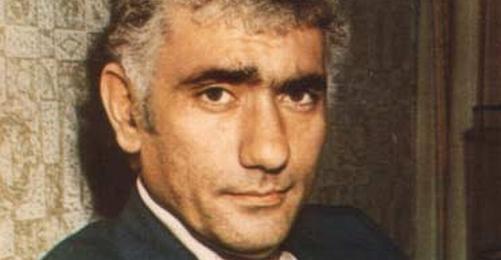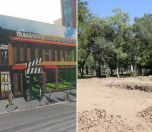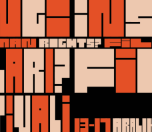Yılmaz Güney Movies still Banned on TV

Showing the movies of Kurdish film director Yılmaz Güney to a television audience is still troublesome in Turkey. Güney's films were seized in the course of the coup d'état on 12 September 1980. A part of his work was confiscated and destroyed due to improper storing conditions.
Many of Güney's works were devoted to the hardship of ordinary, working class people in Turkey. Yılmaz Güney, who was also active as a screenwriter, novelist and actor, died in 1984.
The 'Yılmaz Güney Documentary' was part of the "Night of Adana Artists" held on 23 September in the scope of the Adana Altın Koza ('Golden Cocoon') Film Festival. Fatoş Güney, widowed wife of the artist, said in a speech after the documentary, "The Prime Minster said, 'If people had listened to the films of Yılmaz Güney, Turkey might have been in a different situation today'. These words sparked my hopes. Based on this I thought he would talk about the freedom of Yılmaz Güney. Unfortunately, this is impossible still. Güney's films cannot be shown on TRT 6 either. We made the Kurdish dubbing of the films but they are still not being broadcasted", she criticized.
TRT 6 as part of the Turkish Radio and Television Corporation (TRT) is the first and only Turkish state channel broadcasting in Kurdish. It went on air in January 2009.
Fatoş Güney claimed that Yımaz Güney was tried to be "erased from Turkish cinema history". The wife of deceased Güney said that the screening of his films has been banned for ten years. She underlined that Yılmaz Güney dedicated his life to the "struggle for the liberation of the people".
Some of Güney's main works were published on DVD in August, including "Friend", "Hope", "Wall", "Seyyithan", "Requiem", "Hungry Wolves" and "The Poor" in which he was active both as scenarist and director; furthermore the movies "The Pack", "The Enemy" and "The Way" which were directed by Güney.
Whereas Güney's films are shown at film festivals and are being published on DVD, they are still being officially banned from being screened on TRT. (IK/HK/VK)






